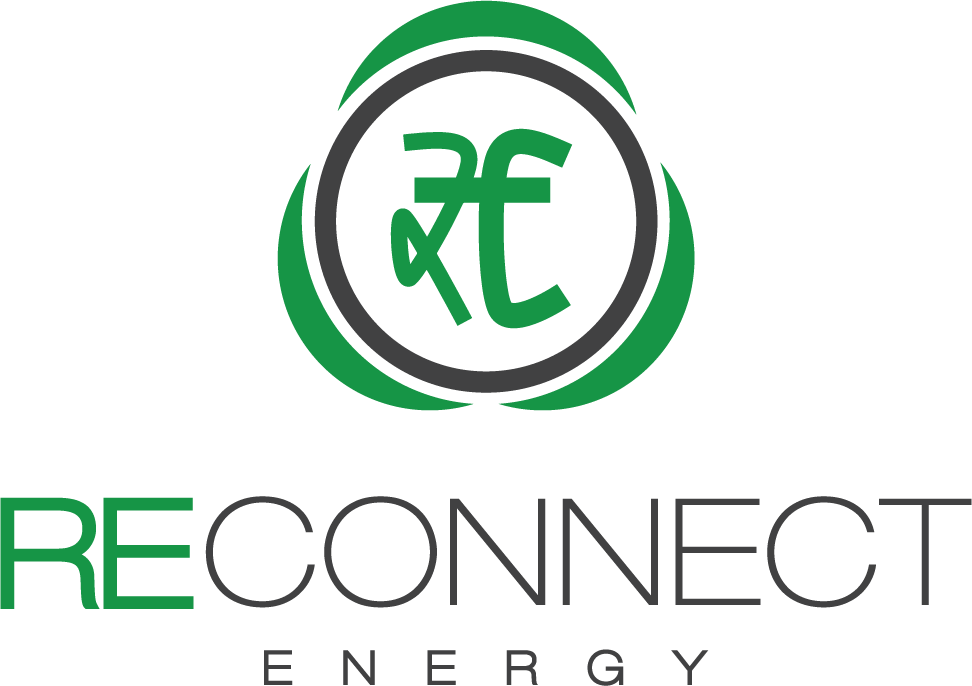India's Biomass Scenario
In an article in the Business Standard on the current scenario of the biomass plants in India was reported. Burgeoning raw material costs and a mismatch between generation cost and pricing have led biomass power plants to function well below their capacity and, in some cases, end operations.
Against an estimated potential of 18,000 MW, the installed capacity of biomass plants in India is 2,664 MW. These plants are in Maharashtra (403 MW), Andhra Pradesh (363 MW), Karnataka (365 MW), Madhya Pradesh (7 MW), Tamil Nadu (488 MW), Punjab (74 MW), Haryana (35 MW), Rajasthan (73 MW), Uttar Pradesh (592 MW), West Bengal (16 MW) and Uttarakhand (10 MW), among others.
Industry sources said it was difficult to run these plants, as raw material like forest residue, agricultural waste and non-cattle feed was not available even at Rs 3,000 per tonne.
An industry representative said, “The advantage of biomass over other renewable energy is that it can be firmed up, unlike solar and wind projects. Second, biomass projects can be connected to the local grid and, thereby, transmission losses are reduced and decentralised local generation can give grid stability. Ironically, the raw material cost has risen to Rs 3,000 per tonne from Rs 1,800 per tonne. This has made biomass projects unviable. Besides, rates fixed by state electricity regulatory commissions will have to be revised.”
M Komaraiah, chairman and managing director of Shalivahan Group, which has an installed biomass capacity of about 100 Mw, said what was paid for power supplied was another major factor after raw material that played a crucial role in making such projects financially unviable.
“Currently, rates range between Rs 3.43 per unit in Madhya Pradesh to Rs 5.46 per unit in Haryana. However, biomass plant operators realise it will be quite difficult to operate projects with rates below Rs 5.46. Recently, Punjab revised it to Rs 5.26 per unit. Several petitions are pending for approval before various state power regulators,” he said.
D Radhakrishna, a power consultant, said, “The power regulator in Maharashtra has increased the rate to Rs 4.98 per unit, from Rs 3.30 per unit, which is also inadequate to meet expenses. The increased fuel cost leaves hardly anything to project developers.”

